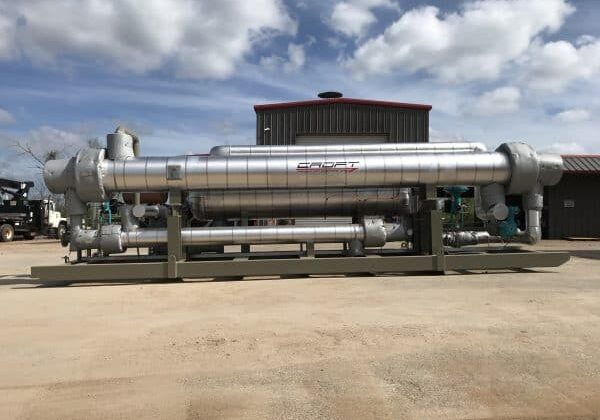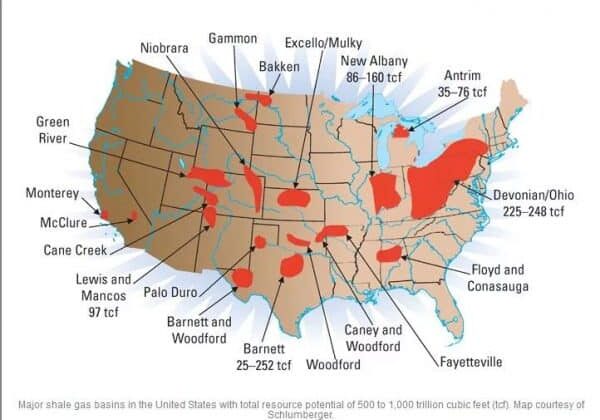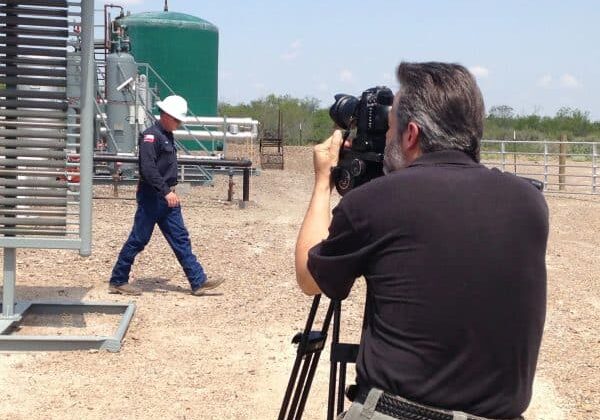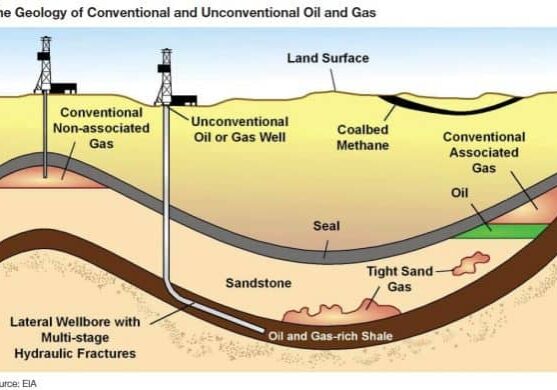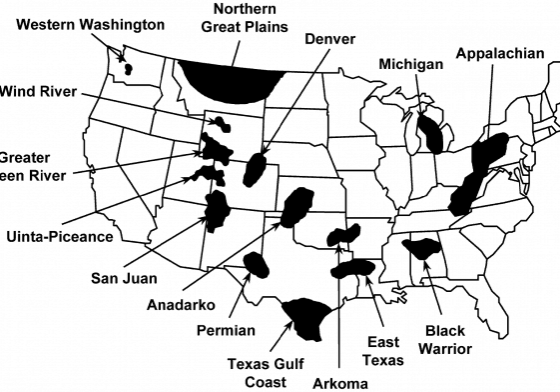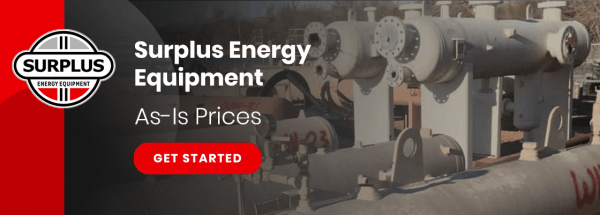2016 is starting out just as many predicted, with more regulations being piled onto the oil and gas industry. One state, in particular, is really cracking down. Just recently the Governor of Pennsylvania, Tom Wolf, made an announcement that will affect all oil and gas sites in the state. And there are a lot.
If you did not know, the state of Pennsylvania sits on top of the Marcellus Shale Play. I’ll give you a quick rundown on the Marcellus.
- It is a geological formation that covers about 90,000 square miles.
- New York, Pennsylvania and West Virginia all share the shale play.
- It has many different depths, some reaching 9,000 feet
- It is believed to hold hundreds of trillions of cubic feet of natural gas
- As of 2012 about 6,400 wells have been drilled in the State of Pennsylvania
- All those wells cover around 20,800 acres of land or .07% of the state
Pretty darn impressive if you ask me.
All the attributes I listed above have made the Marcellus a big draw for natural gas drilling companies. However, strict air regulations have hampered a lot of production. The State of Pennsylvania is adding to those regulations. Honestly, I can’t blame them. I grew up in a refinery town, I know about dirty air quality. Yea, I know, refining and drilling are two different monsters. But they both have emissions and that stinks, pun intended.
The government in Pennsylvania is trying to take control of their environment before it is too far gone. They are determined to reduce methane emissions. The government is going right to the source, the thousands of well sites across the state. The Pennsylvania Department of Environmental Protection has a four step plan they just rolled out this week.
Thanks to www.PA.GOV for the information below:
- Reduce leaks at new unconventional natural gas well pads by developing a new general permit for oil and gas exploration, development, and production facilities, requiring Best Available Technology (BAT) for equipment and processes, better record-keeping, and quarterly monitoring inspections.
- Reduce leaks at new compressor stations and processing facilities by revising DEP’s current general permit, updating best-available technology requirements and applying more stringent LDAR, other requirements to minimize leaks. A new condition will require the use of Tier 4 diesel engines that reduce emissions of particulate matter and nitrous oxide by about 90%.
- Reduce leaks at existing oil and natural gas facilities, by developing a regulation for existing sources for consideration by the Environmental Quality Board.
- Reduce emissions along production, gathering, transmission and distribution lines by establishing best management practices, including leak detection and repair programs
Pennsylvania starting off 2016 with these new regulations is a bold move. The state gets a lot money from the oil and gas industry doing business within their state lines. Those companies that are drilling on the land are now going to have to update old, out dated equipment, and change some really bad habits. If they don’t the state will just shut them down, easy as that. As my Great Aunt used to say, “it’s time to shape up or ship out!”
I’m sure that most of the drillers in Pennsylvania are not happy about these new regulations. But seriously, it’s gonna happen one way or another. The regulations are going to come from the federal level or as Pennsylvania showed, the states will do it on their own. The sooner oil and gas companies realize that the happier they will be. Just nip it in the bud y’all! In the long run, I’m sure that some upfront capital on new equipment is much cheaper than having a well shut-in.
If your company needs to stay up running at a natural gas well site and wants to avoid air permits altogether, Croft Production Systems can help. Our units don’t even require an air permit. They have no moving parts, cause no fire hazards and produce no emissions. These units are ASME coded and are simple and safe to operate.
To one up ourselves, we made these units mobile. Now your company can keep multiple wells producing without pollution.
References:
http://www.dep.pa.gov/Business/Air/Pages/Methane-Reduction-Strategy.aspx#.VqJW3vkrJhF
https://www.governor.pa.gov/blog-reducing-methane-means-cleaner-air-healthier-communities/

